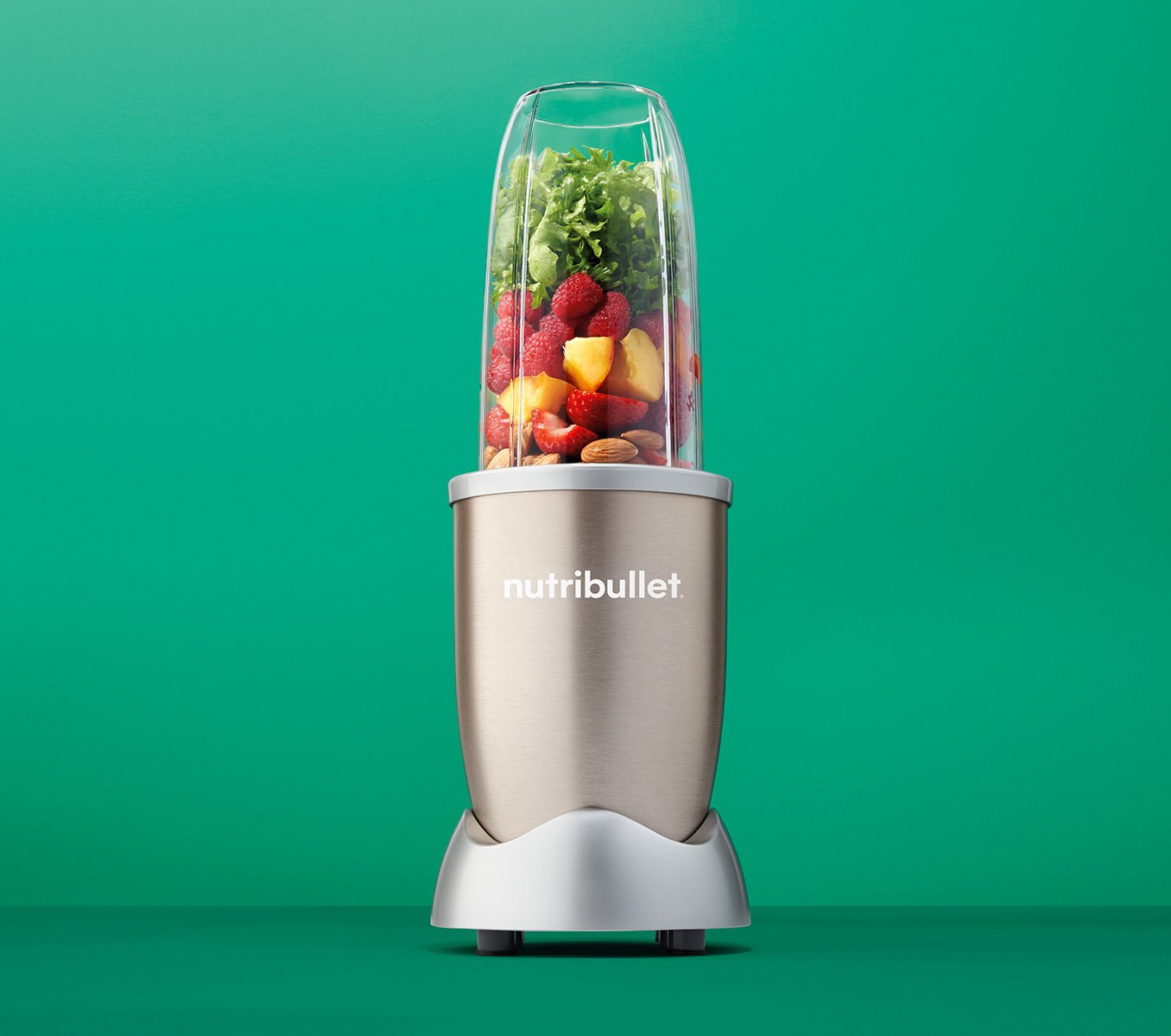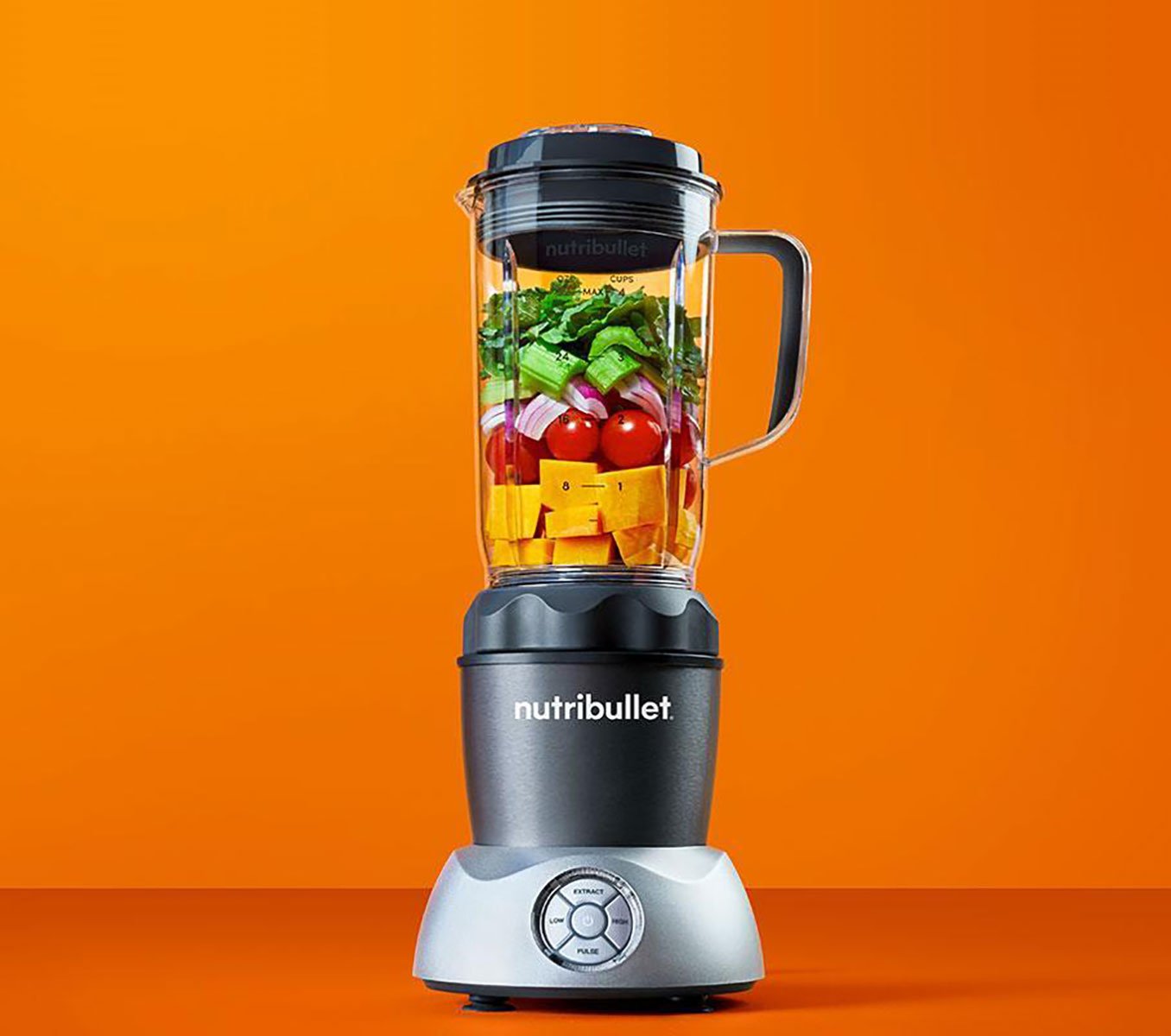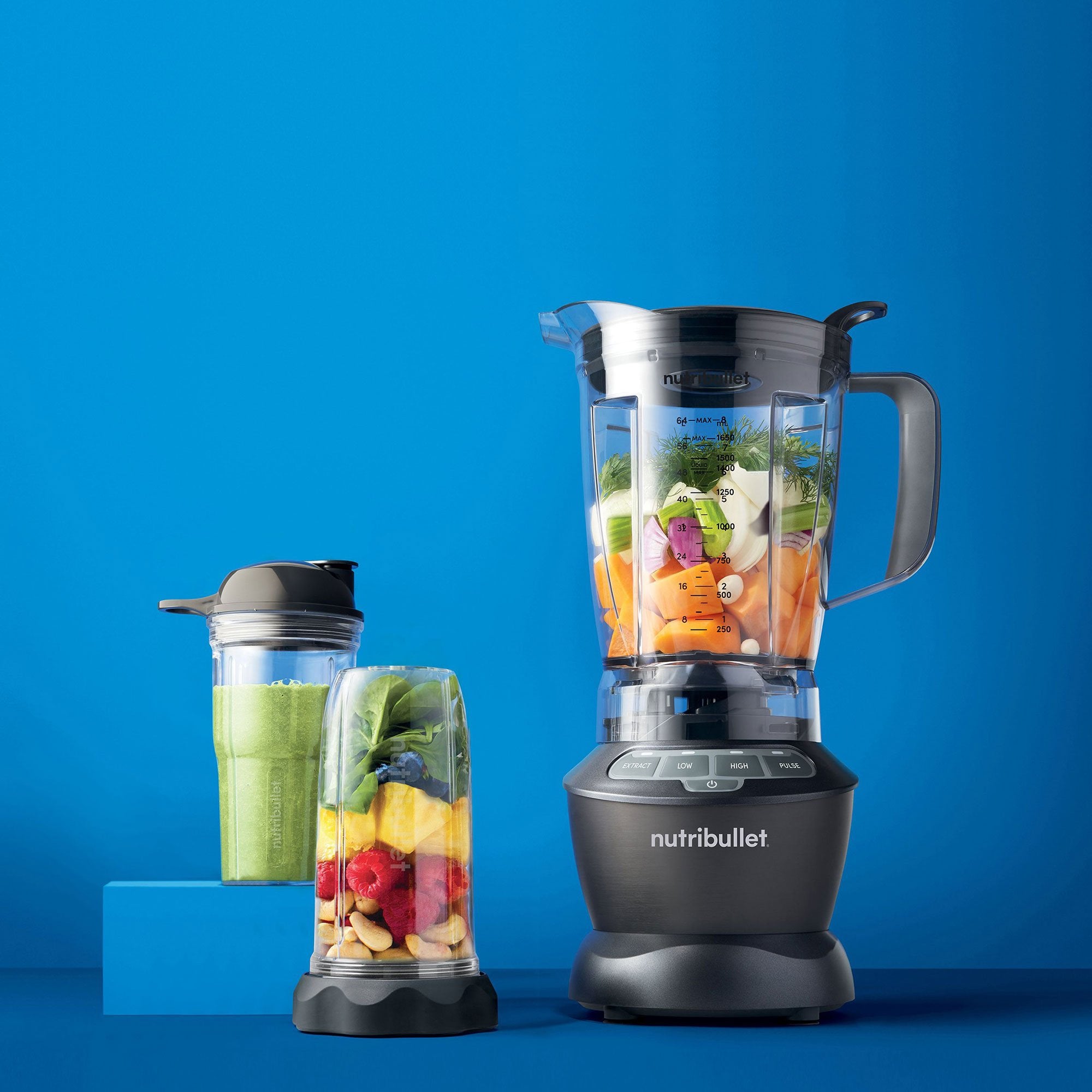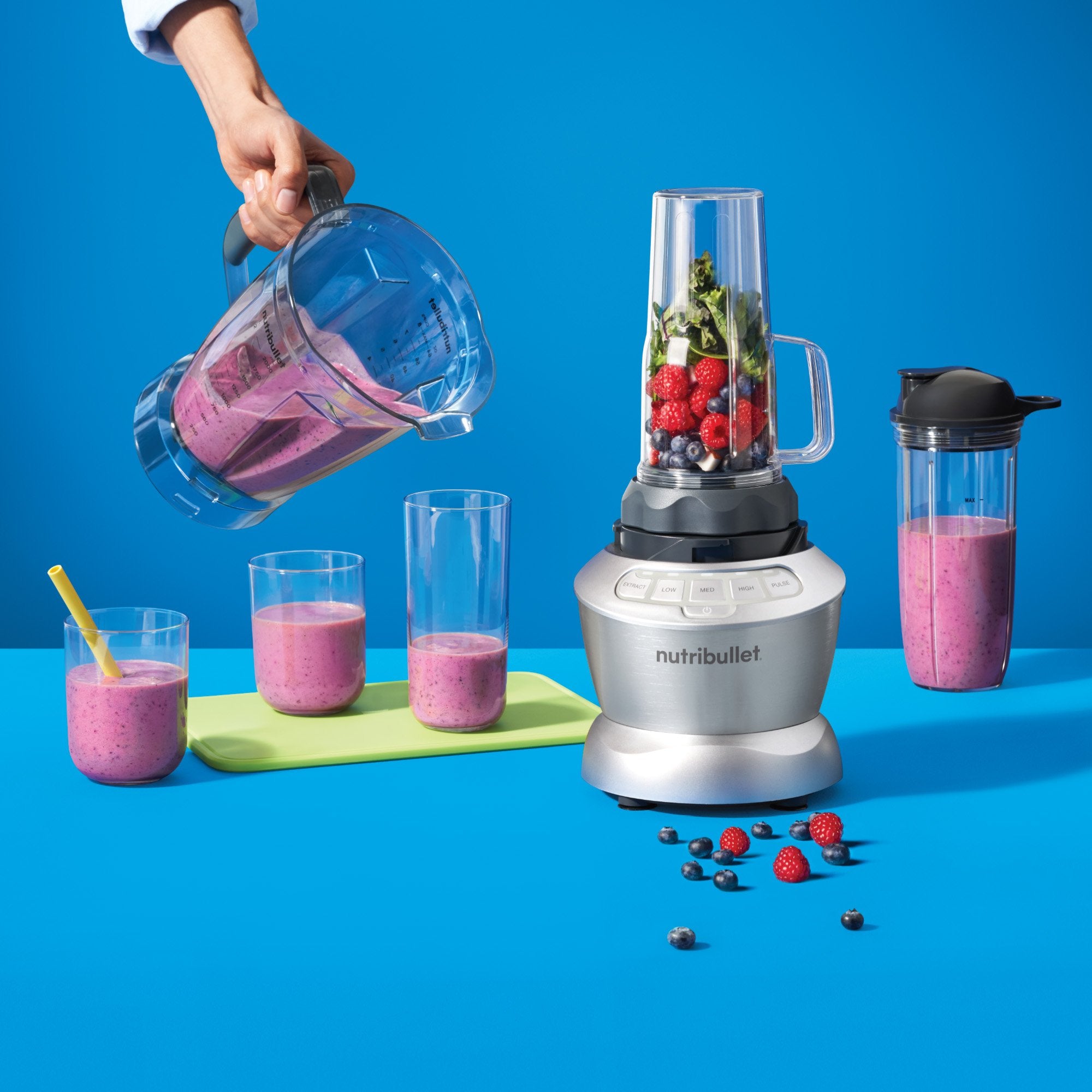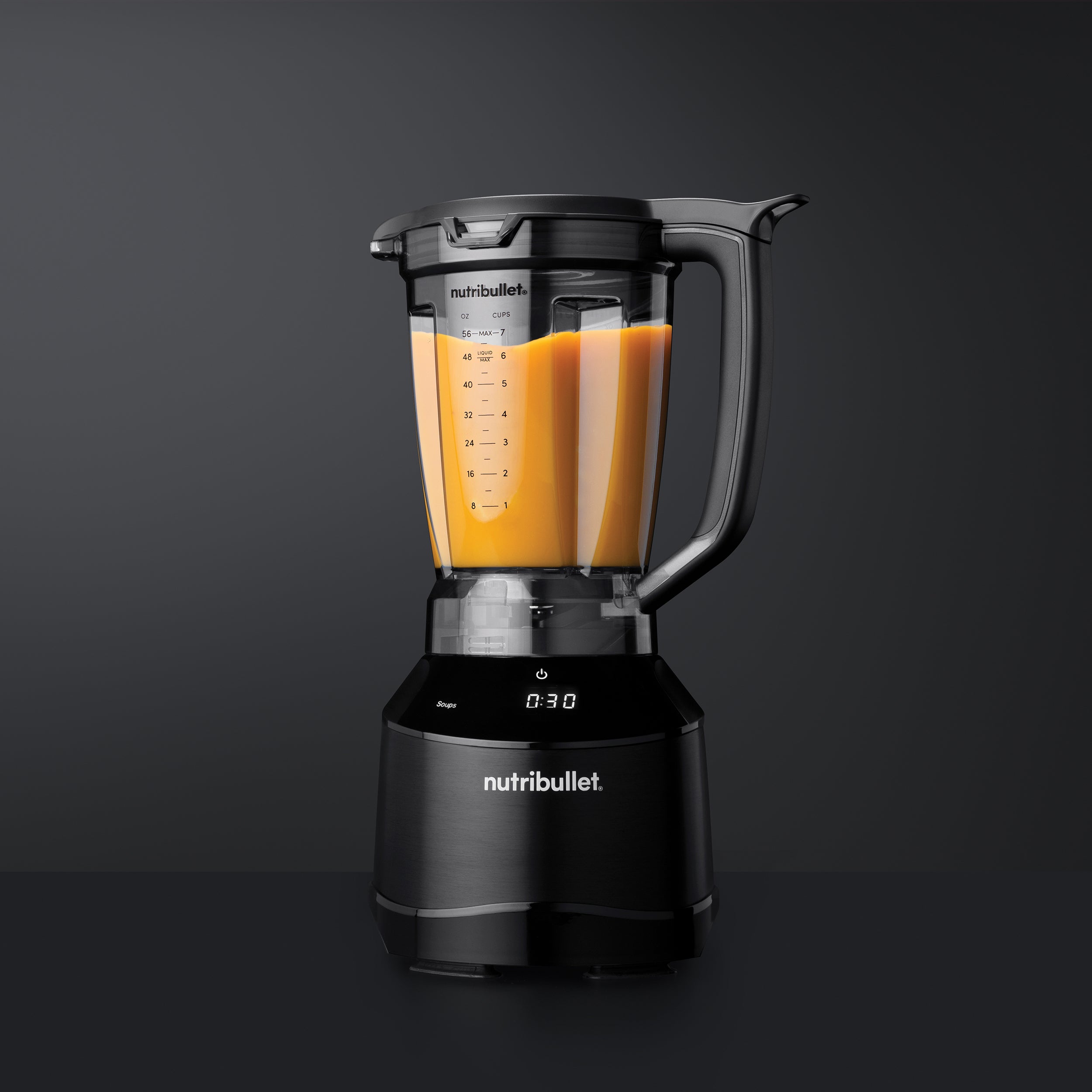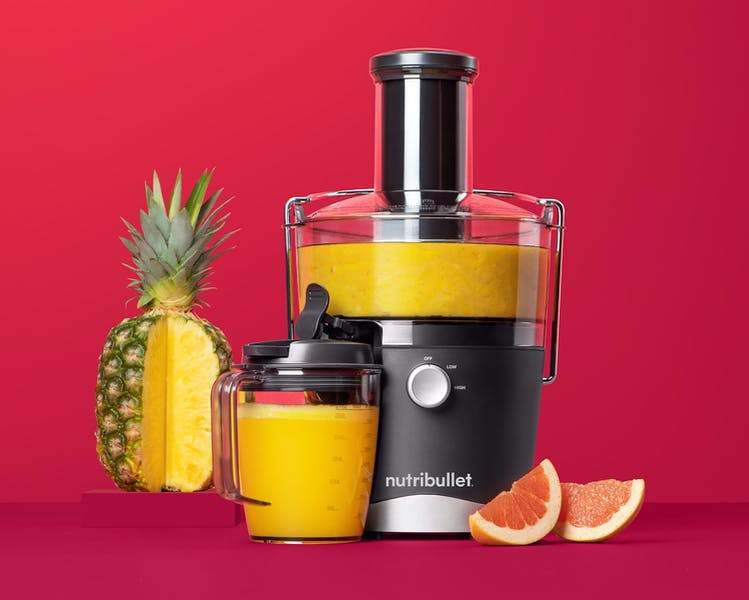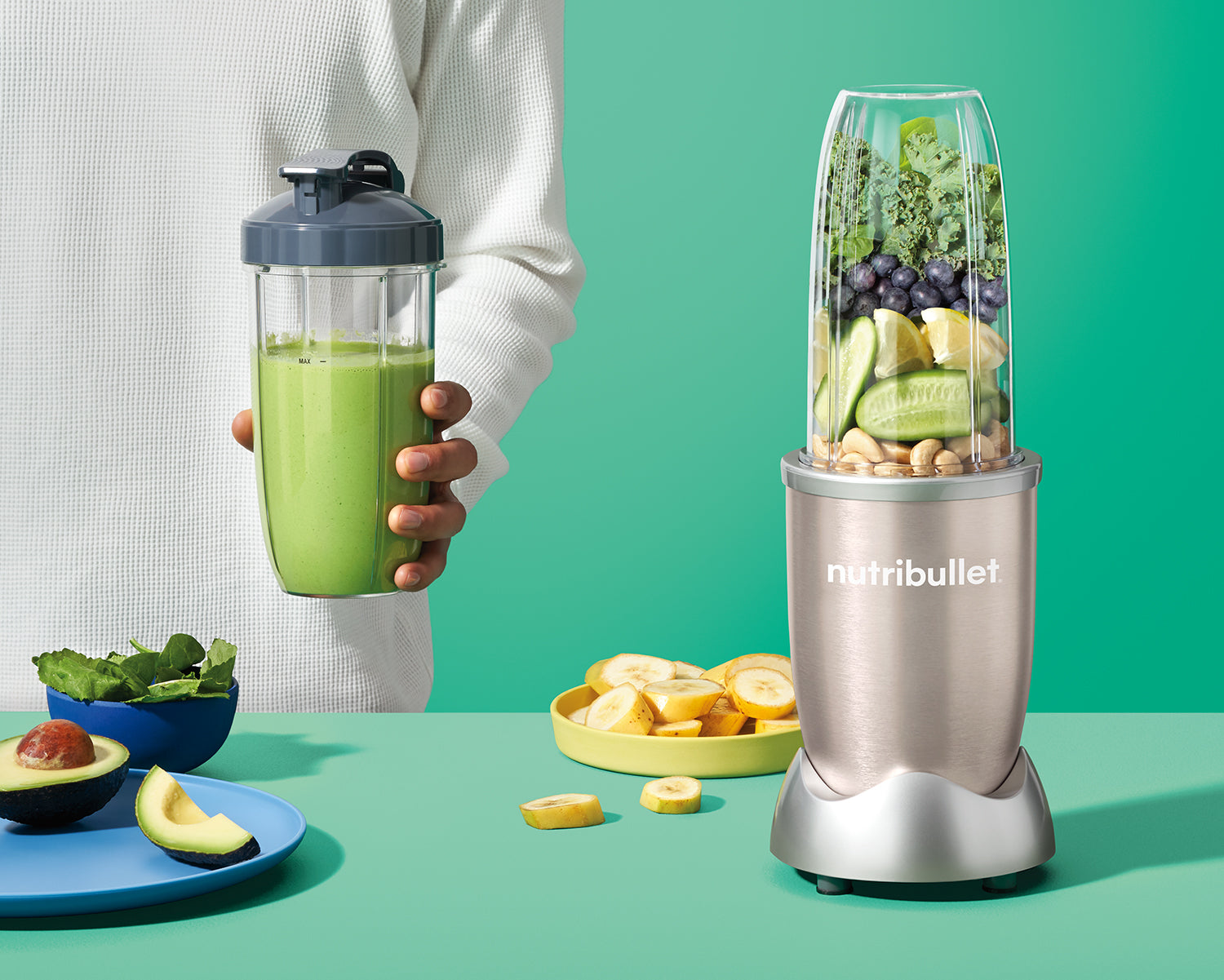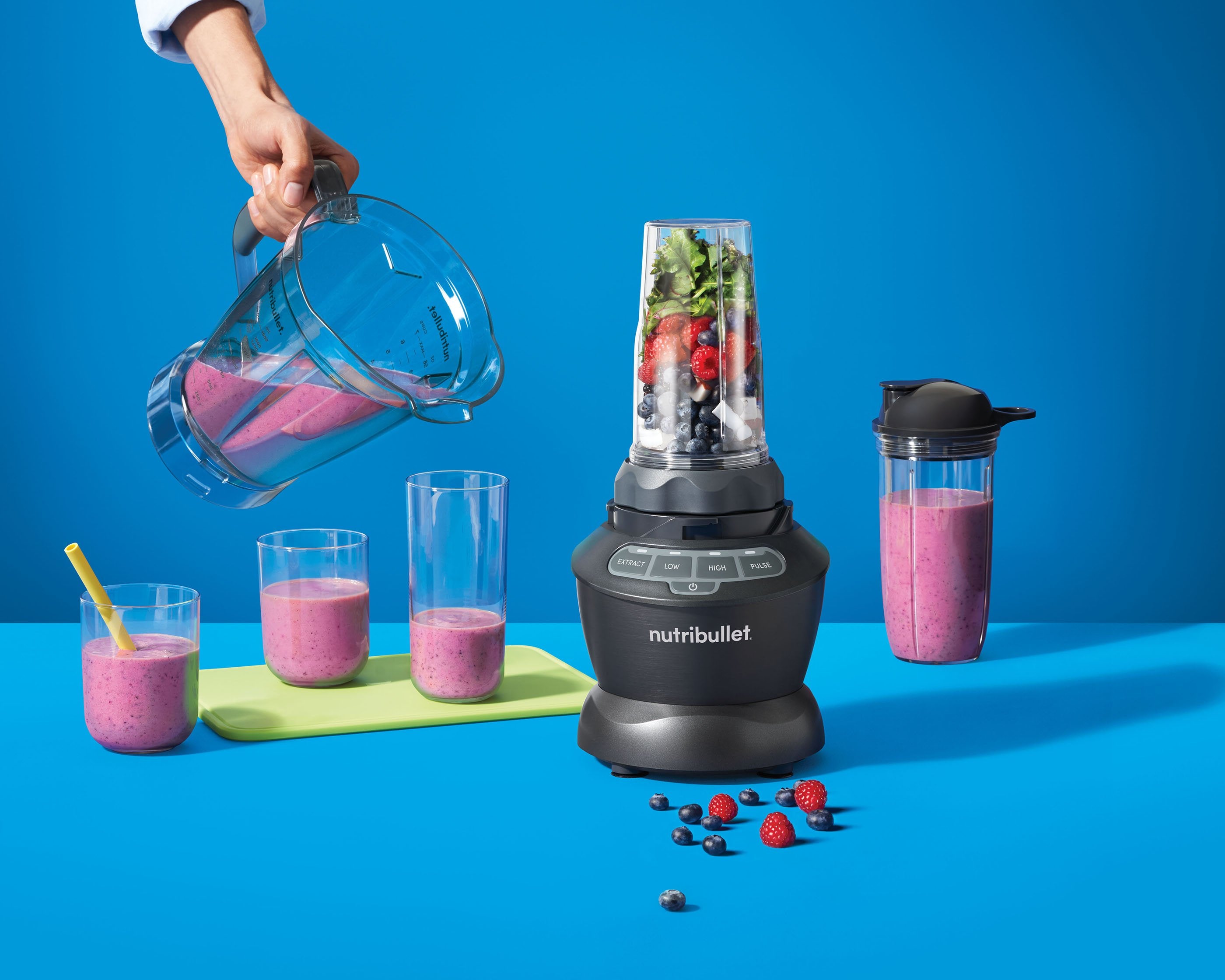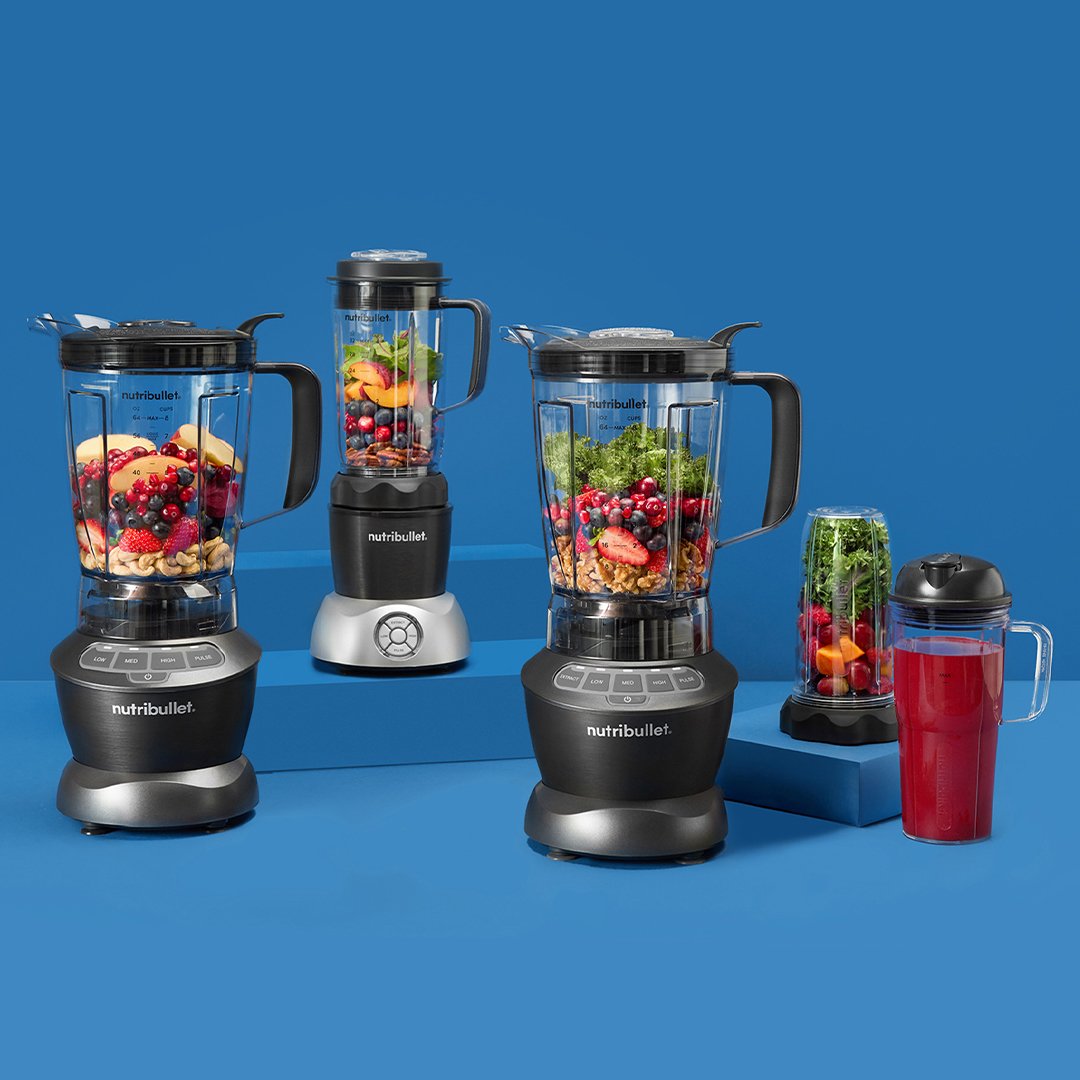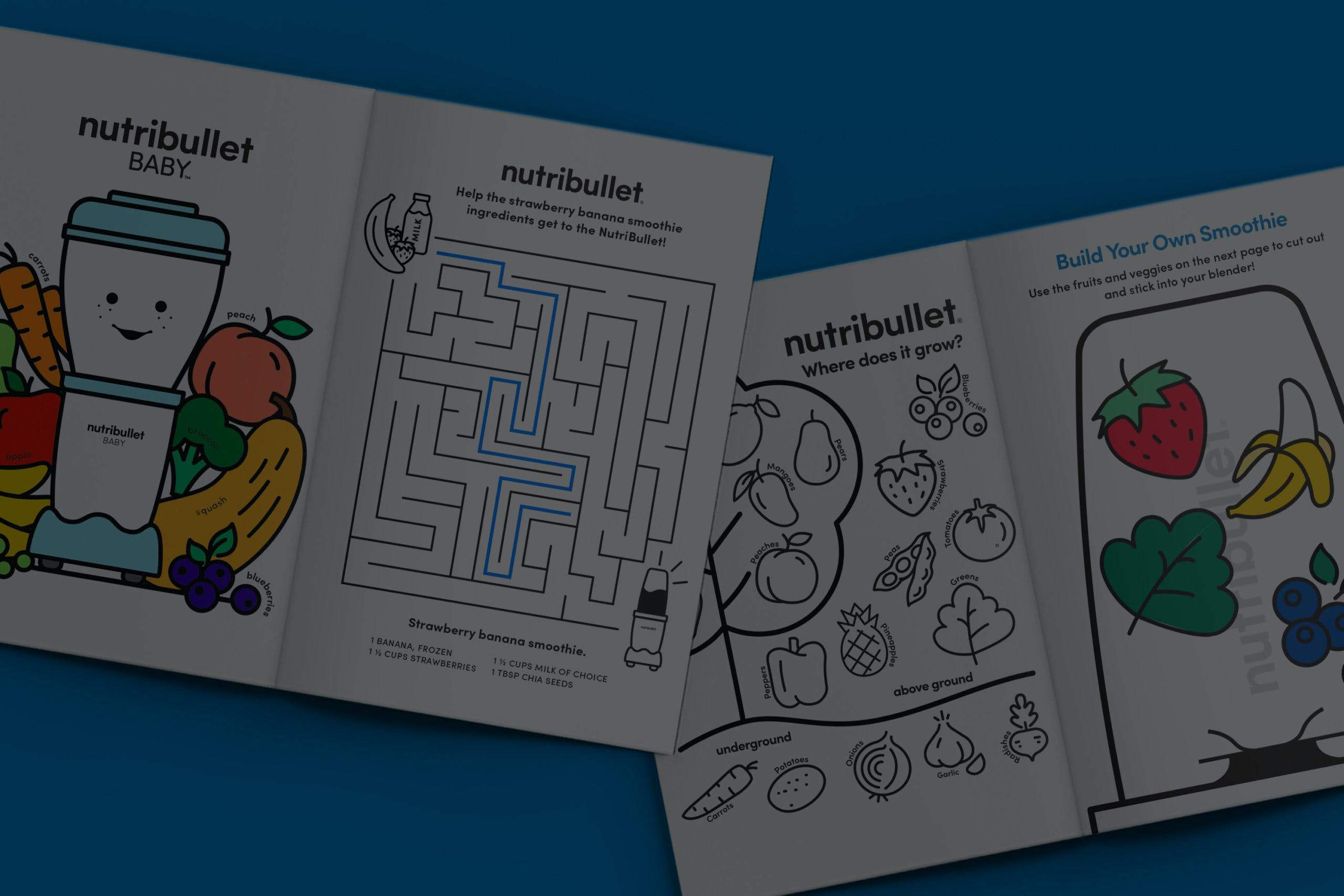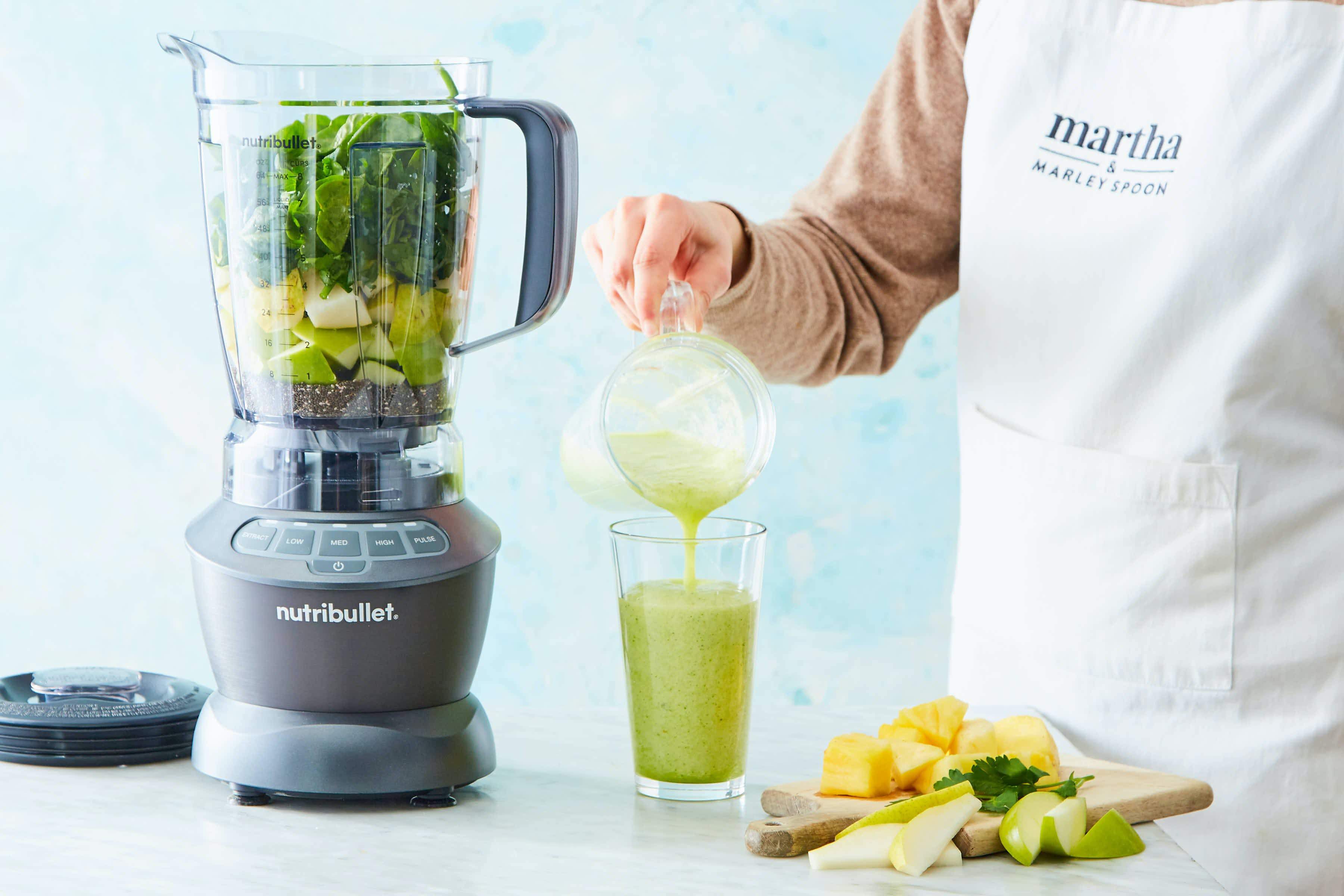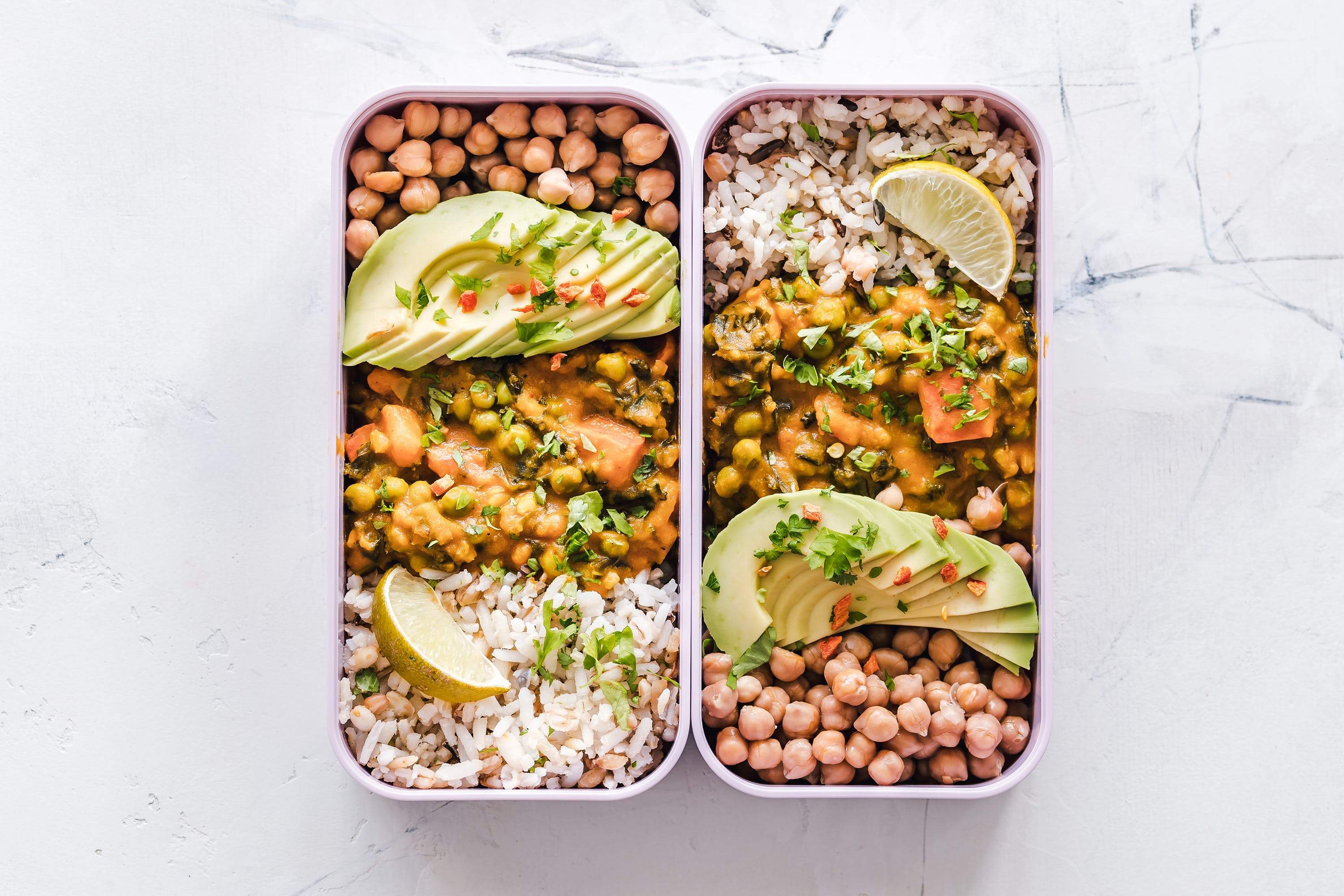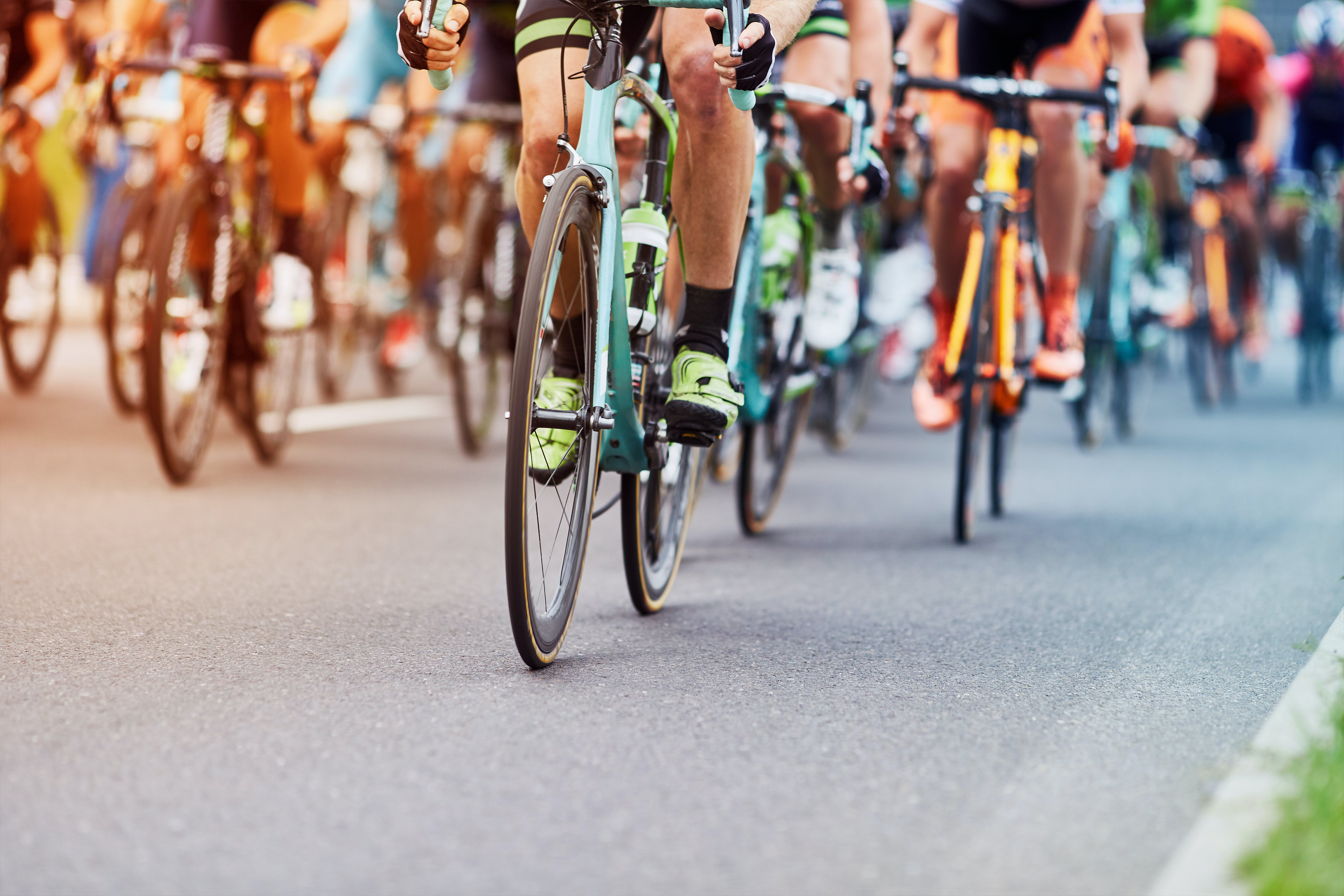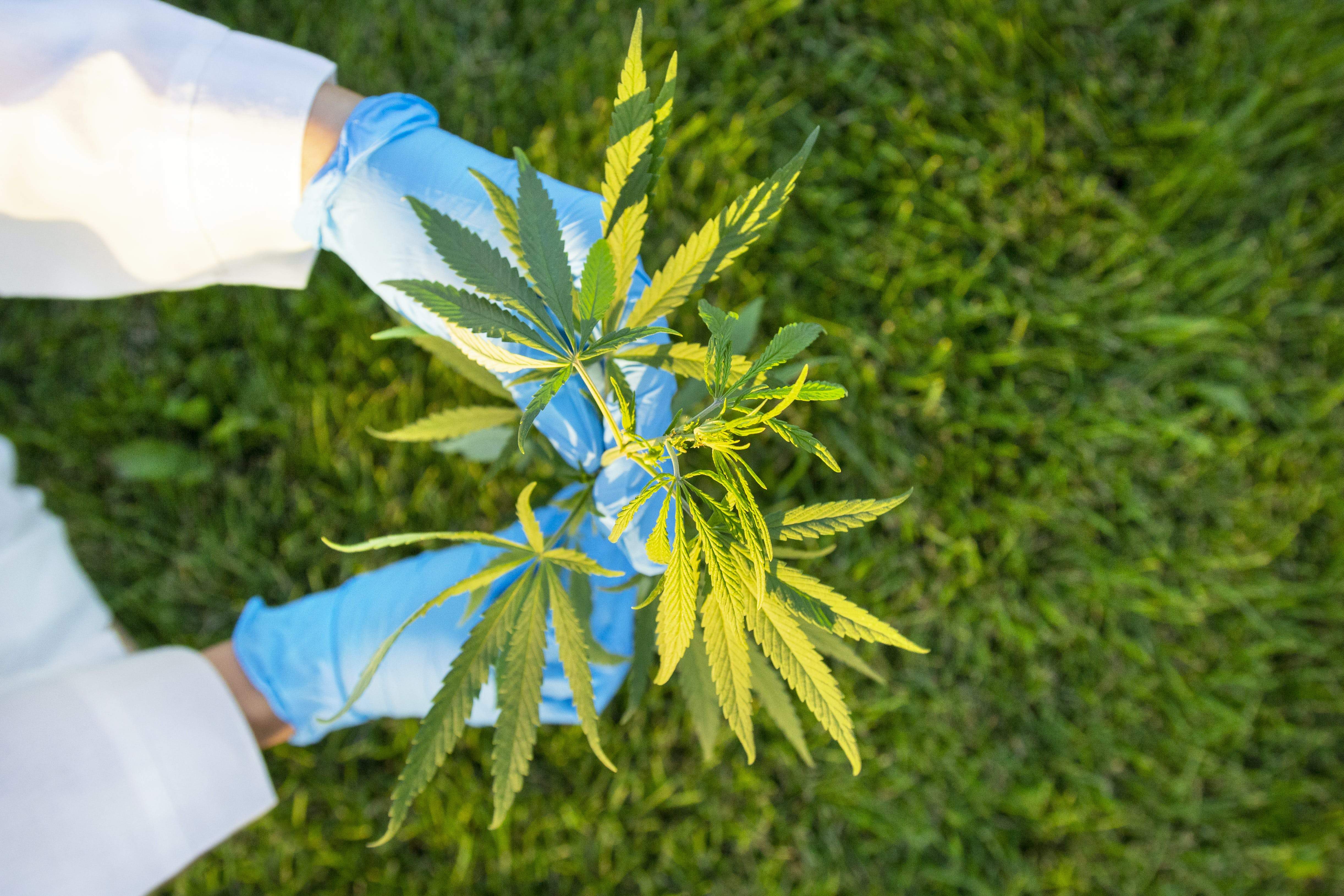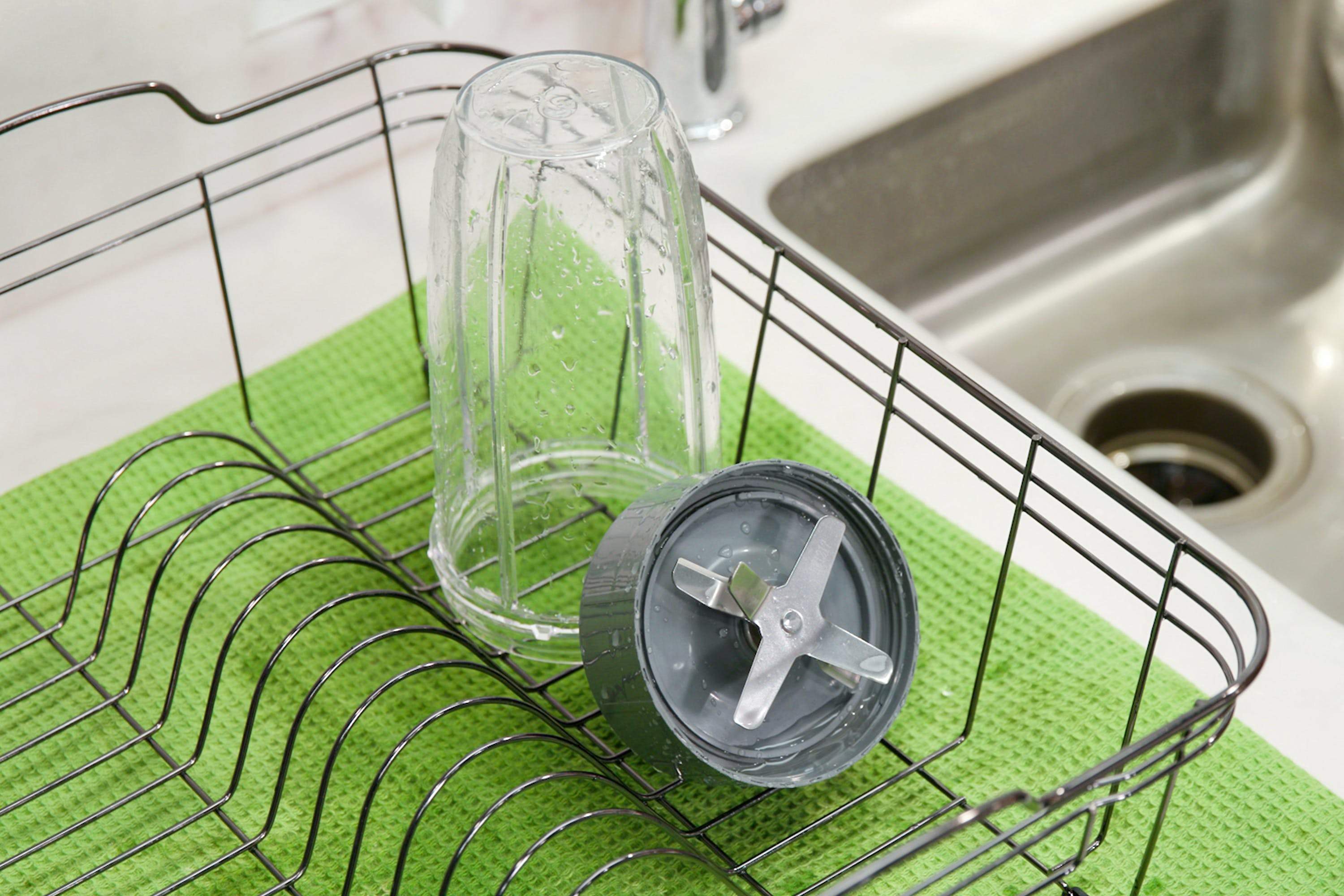Do you skip happy hour or steer clear of alcohol when trying to lose some extra poundage? It’s a common recommendation of many weight loss plans. Alcohol gets the blame both for added “empty” calories and for promoting mindless snacking after a night on the town.
However, when you really think about it, that’s not always the case. Some people like to enjoy a cocktail before dinner or sip on a glass of wine with their meals, and yet they don’t seem to experience unwanted weight gain. Alcohol has calories but it lacks the nutrients that your body utilizes. Unlike macronutrients, like protein, fats and carbohydrates, alcohol is a toxic substance that’s not stored in the body. Let’s look into what science has to say about alcohol’s influence on weight.
In 2015, Gregory Traversy and Jean-Philippe Chaput of the Healthy Active Living and Obesity Research Group prepared a review in the Current Obesity Reports, which offered helpful insight into the relationship between weight and alcohol consumption.
Traversy and Chaput found one common thread: that for men, on average, drinking was “not associated” with weight. This differed in women, whose weights were either reduced or not affected by alcohol when compared to non-drinkers. They concluded that “frequent light to moderate alcohol intake”, which is defined as two drinks a day for men and one drink per day for women, is “not associated with obesity risk.”
This depends on a few other factors such as binge drinking, defined as consuming five or more drinks on one occasion, and heavy drinking, defined as more than four drinks in a day for men or more than three for women. These behaviors were both linked to an increased risk of obesity and weight gain. They also found that alcohol consumption may also lead to “a higher body fat percentage.”
Another factor is genetics. If you’re genetically predisposed to gaining weight, then limiting alcohol intake would be wise since alcohol can contribute to additional weight gain.
And then there's the fact that, when under the influence, we simply make poor nutritional choices. Much of the weight gain associated with alcohol is linked to late night slices of pizza or the extra piece of cake that alcohol makes us crave.
The bottom line is that everyone is different. There are many factors that come into play, such as metabolism, lifestyle habits, and drinks of choice. The Center for Science in the Public Interest has a database of alcoholic beverages and their caloric content. Alcoholic beverages can range from 55 calories for a glass of wine to 320 calories for a dark microbrew.
If you find that you’re gaining weight, skip the cocktails for a few weeks and see if your weight changes. This will take consistent monitoring and awareness. Limiting and being aware of the caloric values of alcoholic beverages are important, as well. And remember to always drink responsibly.
Nutritional information
Recipe: Creamy Green Strawberry Dream Serving in this recipe:1
- Calories: 236.6
- Total Fat: 3.6 g 5.5%
- Saturated Fat: 0.4 g 1.9%
- Cholesterol: 0 mg 0%
- Sodium: 358.7 mg 14.9%
- Total Carbs: 45.7 g 15.2%
- Dietary Fiber: 9.9 g 39.4%
- Sugar: 22.1 g
- Protein: 8.1 g 16.2%
- Vitamin A: 481.9% Vitamin C: 244.1%
- Calcium: 68.5% Iron: 26.1%
* Percent Daily Values are based on a 2,000 calorie diet. Your daily values may be higher or lower depending on your calorie needs.

